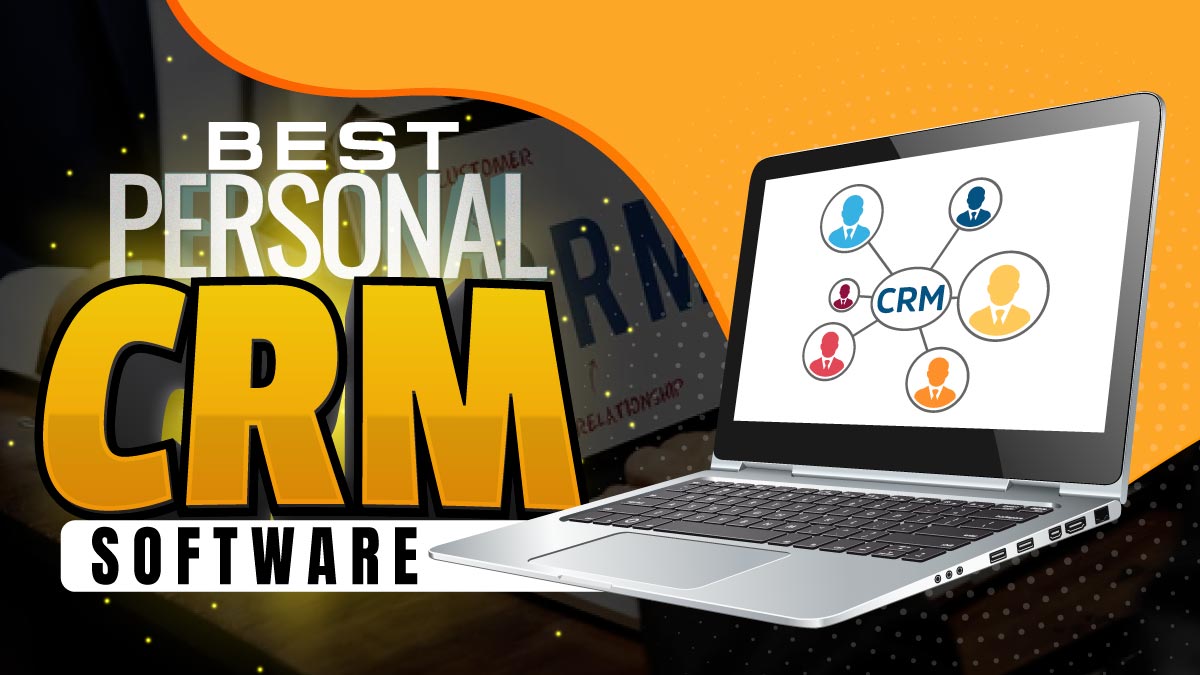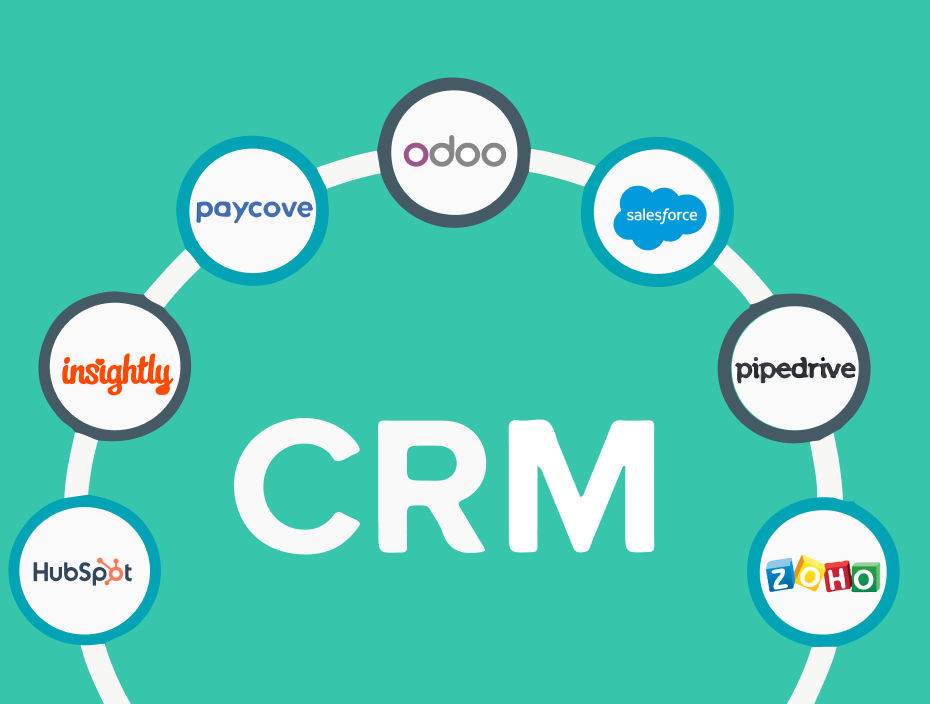CRM Tools for Personal Lifestyle Brand Management: A Comprehensive Guide
Exploring the realm of CRM tools for personal lifestyle brand management, this guide offers a deep dive into the benefits, features, and strategies essential for success in this space. Dive in to uncover the secrets of effective brand management in the digital age.
In the following paragraphs, we will dissect the importance of CRM tools, how to choose the right ones, leveraging them for customer relationship building, and tracking performance for optimal growth.
Importance of CRM Tools in Personal Lifestyle Brand Management

CRM tools play a crucial role in helping individuals effectively manage their personal lifestyle brands. These tools offer a range of features that streamline the process of organizing customer data, enhancing customer relationships, and ultimately driving brand growth.
Key Features of CRM Tools for Personal Lifestyle Brand Management
- Centralized Customer Data: CRM tools allow users to store all customer information in one place, making it easy to access and update as needed.
- Segmentation Capabilities: Users can segment customers based on various criteria, enabling personalized communication and targeted marketing efforts.
- Task Automation: CRM tools automate repetitive tasks such as sending follow-up emails or scheduling appointments, saving time and improving efficiency.
- Communication Tracking: Users can track interactions with customers, ensuring no important communication falls through the cracks.
Organizing Customer Data for Personal Brand Growth
CRM tools help individuals organize customer data effectively, allowing for a deeper understanding of customer preferences, behaviors, and feedback. By analyzing this data, users can tailor their products or services to better meet customer needs, leading to increased customer satisfaction and loyalty.
Efficiency Comparison: With and Without CRM Tools
Using CRM tools for personal lifestyle brand management significantly improves efficiency compared to manual methods. With CRM tools, individuals can streamline processes, automate tasks, and gain valuable insights into customer behavior, ultimately leading to more effective brand management and growth.
Choosing the Right CRM Tools for Personal Lifestyle Brand Management
When it comes to managing a personal lifestyle brand effectively, selecting the right CRM tools plays a crucial role in maintaining and growing your brand presence. Here's a detailed guide on factors to consider when choosing CRM tools for personal brand management:
Customization Options
Customization is key when it comes to personal lifestyle brand management. Look for CRM tools that offer a high level of customization, allowing you to tailor the system to meet your specific brand needs. This includes the ability to customize fields, workflows, and reports to align with your brand's unique requirements.
Integration Capabilities
Seamless integration with other platforms is essential for efficient brand management. Choose CRM tools that offer easy integration with social media platforms, e-commerce websites, email marketing tools, and other relevant systems. This integration capability ensures that all your brand data is centralized and easily accessible for analysis and decision-making.
Comparison of CRM Tools
There are various CRM tools available in the market, each offering different features and functionalities. Some popular CRM tools for personal lifestyle brand management include HubSpot, Salesforce, Zoho CRM, and Agile CRM. Consider factors such as pricing, user-friendliness, scalability, and customer support when comparing these tools to find the best fit for your brand.
Utilizing CRM Tools for Customer Relationship Building

CRM tools play a crucial role in building and maintaining strong customer relationships for personal lifestyle brands. By leveraging these tools effectively, brands can personalize communication with customers, enhance brand loyalty, and create meaningful connections. Let's delve into how CRM tools can be utilized for customer relationship building in personal brand management.
Personalizing Communication with Customers
- CRM tools allow brands to gather customer data and preferences, enabling personalized communication tailored to individual needs and interests.
- By analyzing customer interactions and behaviors, brands can send targeted messages, offers, and content that resonate with each customer.
- Personalized communication fosters a sense of connection and loyalty, making customers feel valued and understood by the brand.
Successful Customer Relationship Management Examples
- One successful example is Nike, which uses CRM tools to track customer purchase history, preferences, and interactions to provide personalized product recommendations and offers.
- Lululemon is another brand that leverages CRM tools to create exclusive events and experiences for loyal customers based on their interests and activities.
- By sending personalized birthday wishes, anniversary reminders, and relevant content, personal lifestyle brands can strengthen relationships with customers and increase brand loyalty.
Customer Segmentation for Effective Targeting
- CRM tools enable personal lifestyle brands to segment customers based on demographics, behavior, preferences, and purchase history for targeted marketing campaigns.
- Segmenting customers allows brands to tailor messages, promotions, and products to specific customer groups, increasing the relevance and effectiveness of marketing efforts.
- By creating a customer segmentation plan using CRM tools, brands can identify high-value customers, engage with them effectively, and build long-term relationships for sustainable growth.
Tracking Performance and Analyzing Data with CRM Tools
Tracking performance metrics and analyzing data are crucial aspects of personal lifestyle brand management that can significantly impact the success and growth of your brand. By utilizing CRM tools for tracking performance, you can gain valuable insights into customer behavior, engagement, and overall brand performance.
Types of Data Analysis Through CRM Tools
- Customer Engagement: CRM tools can track customer interactions with your brand, such as website visits, social media engagement, and email responses.
- Sales Data: Analyzing sales data can help you understand which products or services are popular among your customers and identify areas for improvement.
- Customer Feedback: CRM tools can capture and analyze customer feedback, allowing you to make data-driven decisions to enhance customer satisfaction.
Forecasting Trends and Informed Decision Making
- CRM tools can help in forecasting trends by analyzing historical data and identifying patterns that can indicate future market trends.
- By analyzing data through CRM tools, you can make informed decisions on marketing strategies, product development, and customer engagement to stay ahead of the competition.
Setting Up Performance Tracking Dashboards
Creating performance tracking dashboards in CRM tools is essential for monitoring brand growth effectively. Here's a step-by-step guide on setting up performance tracking dashboards:
- Identify Key Performance Indicators (KPIs) relevant to your brand goals and objectives.
- Customize your CRM tool dashboard to display these KPIs in a visually appealing and easy-to-understand format.
- Regularly monitor and analyze the data on your dashboard to track progress towards your goals and identify areas for improvement.
- Use the insights gained from performance tracking to make data-driven decisions and adjust your brand strategies accordingly.
Closing Notes

In conclusion, mastering the art of utilizing CRM tools for personal lifestyle brand management is key to sustained success and growth. With the right tools and strategies in place, your brand can thrive in a competitive landscape.
Key Questions Answered
What are the key features of CRM tools for personal lifestyle brand management?
CRM tools offer features like customer data organization, communication personalization, and performance tracking, crucial for brand growth.
How do CRM tools help in customer segmentation for personal brand management?
CRM tools assist in segmenting customers based on behaviors and preferences, enabling targeted marketing strategies for better engagement.
Why is customization important in CRM tools for personal lifestyle brands?
Customization allows brands to tailor CRM tools to their specific needs, enhancing efficiency and effectiveness in managing customer relationships.